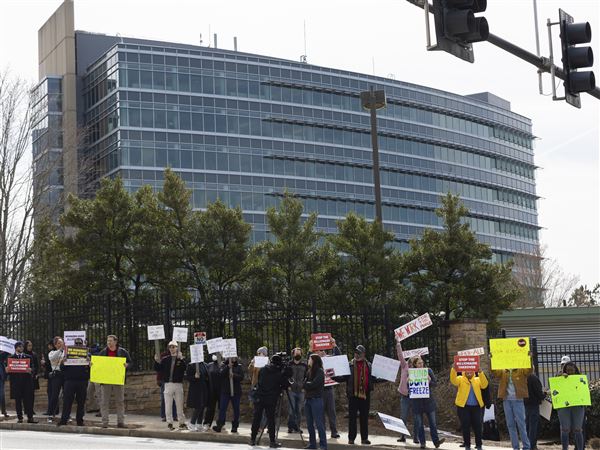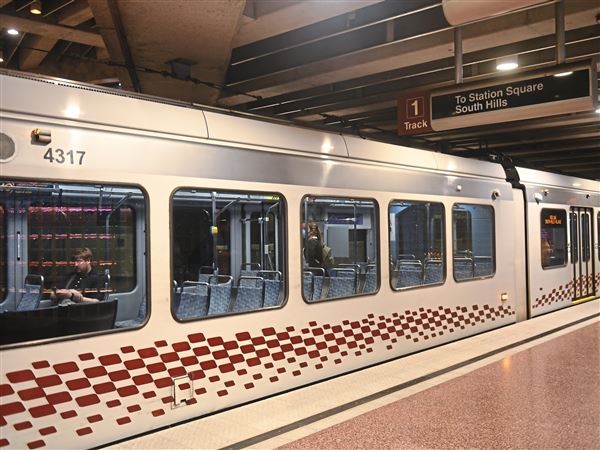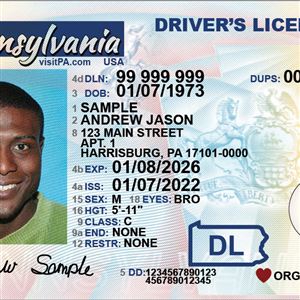The Public Utility Commission's Bureau of Investigation and Enforcement on Monday petitioned the state agency to issue cease-and-desist orders against ride-share companies Lyft and Uber to force them to stop operating in Pennsylvania.
The action comes a week after the PUC’s enforcement arm proposed daily fines of $1,000 for each company, retroactive to their first dates of operation. The proposed fines did not appear to serve as a deterrent to either company, with both issuing statements that they would continue to operate in Pennsylvania.
“After the filing of ... numerous complaints before the commission on June 5, Uber brazenly continued, and presently continues, to broker transportation using uncertificated motor carriers,” the petition states. “Uber’s unlicensed operation poses substantial threats to public safety” and should not be permitted to continue. The petition against Lyft contains similar language.
Lyft and Uber are San Francisco-based companies that connect drivers with riders via smartphone apps. Both companies enlist drivers using their own cars, which the PUC says violates rules against receiving compensation for transportation.
Under state law, anyone providing transportation for compensation is required to have a certificate of public convenience and carry commercial vehicle insurance.
“Until these important questions are resolved ... the Commission should demand that Lyft cease from operating its ride sharing network,” the petition states. “If Lyft is permitted to operate in this manner, who won’t be?”
Both Lyft and Uber have applications pending before the PUC to operate experimental service, the designation for transportation options not covered by state law.
Both await formal hearings, however, since numerous protests were filed against each application.
A similar experimental service application by Yellow Cab, the largest taxi company in Pittsburgh, for a Yellow X app, was approved.
In addition to the fines against the companies, the PUC is proposing fines of $1,000 for 23 drivers it cited in March and April. Those drivers also could face revocation of their vehicle registrations.
Virginia’s Department of Motor Vehicles issued similar cease-and-desist orders against both ride-share companies last week, but both continue to operate there, despite daily fines.
The companies have five days to respond to the PUC. Under state law, since it is a petition seeking interim emergency relief, a PUC administrative law judge must issue a ruling within 15 days of the filing, taking it to early July.
If the judge decides in the PUC’s favor, the order would be sent to the entire PUC board of commissioners, which could approve, amend or reject it. If the commissioners approve an order and the ride-share companies continue to operate, the PUC could bring the matter to Commonwealth Court for enforcement, including possible contempt citations.
The first opportunity for the PUC to consider any judge’s ruling would be at its July 9 public meeting.
Neither ride-share company returned requests for comment Monday.
The order would not affect the Uber Black service, which operates in Philadelphia under the Philadelphia Parking Authority.
Read the Lyft cease and desist petition below. Click here if you’re having trouble viewing it.
Read the Uber cease and desist petition below. Click here if you’re having trouble viewing it.
First Published: June 16, 2014, 8:27 p.m.
Updated: June 17, 2014, 3:17 a.m.

















